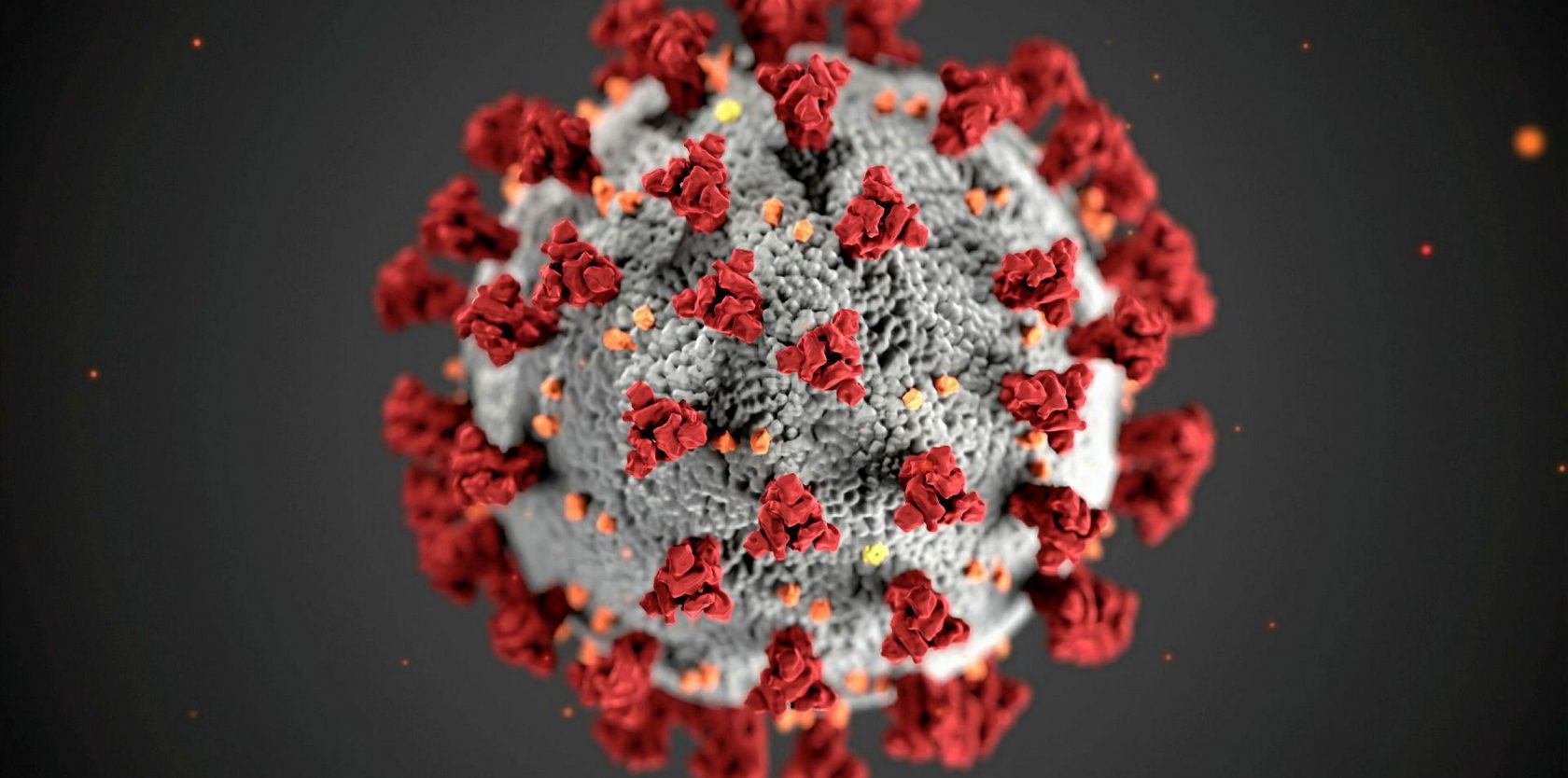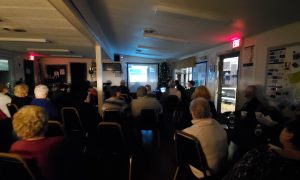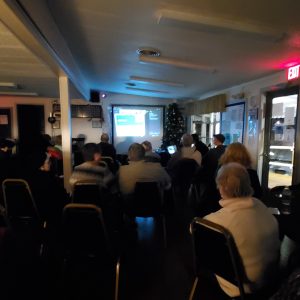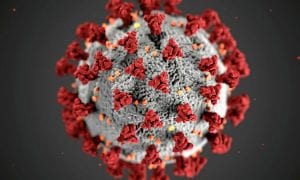WESTFIELD — A UMass-Amherst study on the effects of PFAS on immune response to the COVID-19 vaccine is now taking volunteers who have been fully vaccinated at any point in the vaccine rollout.
Kristen Mello of Westfield Residents Advocating for Themselves (WRAFT), an organization that spreads PFAS awareness in Westfield, said that the University of Massachusetts study previously excluded people who had already been vaccinated for more than a month when the study first started taking volunteers in April.
“This left out those who were vaccinated early: medical staff, teachers, first responders, police/fire/ambulance, and the seniors,” said Mello.
The expansion of the study now allows anyone who has been fully vaccinated to participate, regardless of when they received the shot. The only people now being excluded are those who have received booster doses of the COVID-19 vaccine.
Mello said that the time since one received their last dose of the vaccine will be accounted for when the data is compiled.
The study is conducted via a self-collected sample of a few drops of blood on a sample card that will be sent to all participants. To apply to participate in the study, visit www.masspfas-covstudy.org.
As of now, all persons over 18 are eligible for the study, as well as those between 12 and 17 with parental consent. The FDA last week authorized the use of the vaccine in children under the age of 12, though official approval is pending as of Nov. 1. Mello said that if children under 12 are to be allowed into the study, it would possibly require additional approval from the UMass Institutional Review Board.
The study is being run by Dr. Youssef Oulhote, a researcher at UMass who has extensively studied the health effects of PFAS substances. He said in a letter in April, when the study was first announced, that there is some evidence that PFAS contamination could make a COVID-19 infection worse, though there had been little data on how PFAS substances could affect one’s response to the vaccines.
“PFAS may have the potential via immunotoxicity to exacerbate COVID-19 respiratory symptoms or more generally the severity of the disease through a direct or indirect mechanism as shown in two recent studies with increased risk of severe illness and mortality in populations highly exposed to PFAS,” said Oulhote in his specific aims letter when the study was first announced. “It is however unclear whether higher exposure to PFAS may impact antibody response to the new developed COVID-19 vaccines; a high priority public health issue.”
Westfield has a seemingly high incidence rate of PFAS contamination, particularly on the city’s north side. The blame is largely laid on AFFF, a substance once used at Barnes Airport and by the 104th Fighter Wing as a fire suppressant in airplane hangars. The substance is effective at putting out fires quickly, but is believed to have leached into the ground, contaminating some of Westfield’s water supply with PFAS.
Mello said when the study was announced that Westfield could be a particularly advantageous city for residents to participate in the study, given the rough split between the parts of the city with heavy PFAS contamination and the parts with little to no PFAS contamination.








